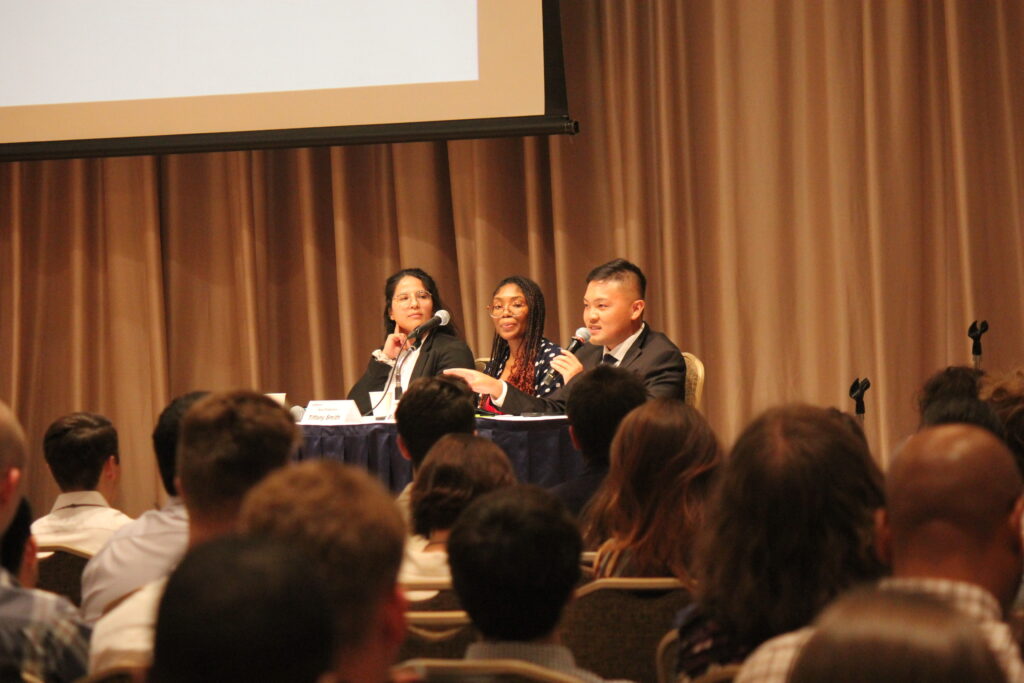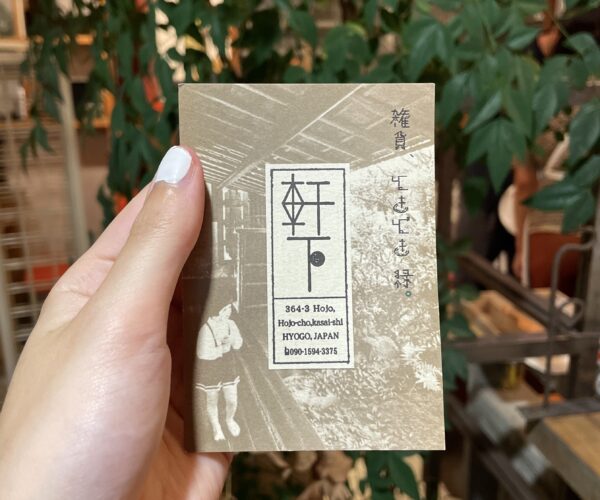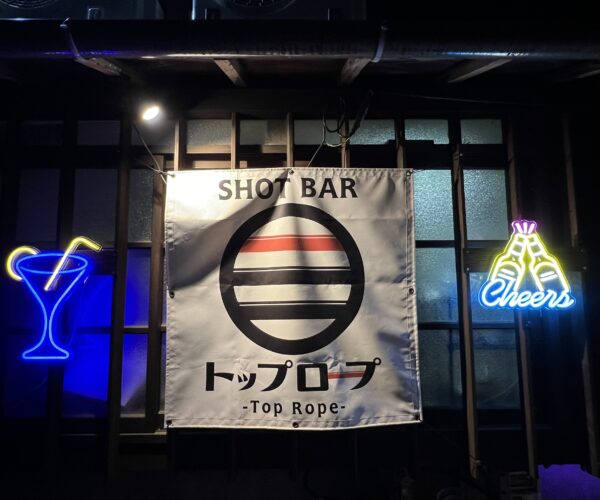
A Word From the Panelists at Tokyo Orientation 2023
Nabeela Basa (Kagoshima)
Tiffany Smith (Nara)
Billster Mangaoil (Kagoshima)
The August 2023 Tokyo Orientation welcomed hundreds of jet-lagged, starry-eyed new ALTs who have been accepted into the JET Program. After four long years, it was business as usual with Tokyo Orientation at the Keio Plaza. Being back at Keio plaza felt like we stepped straight out of a time capsule into 2019. As though there never was a pandemic! Everyone was dressed in their best business wear with excitement and fear hovering in the air-conditioned hallways of the fifth floor at the Keio Plaza.
This time, I was not the jet-lagged, fresh-off-the-plane, first-time travelling abroad, starry-eyed, big city girl from South Africa. No, now, I was a small city girl from South of Kyushu, taking on the rush of Tokyo that I frequented over the past few years, single-file, left-aligned on escalators.
My colleagues and I returned as the senpai selected for the panel-discussion during the orientation. Billster Mangaoil, a second-year Kagoshima Asian Canadian ALT and Tiffany Smith, a fifth-year ALT from Jamaica. I never thought I’d call myself a fifth-year ALT but there I was, bearing the great advice founded on the JET Proverb 1:1 EVERY SITUATION IS DIFFERENT (ESID).
Our panel was diverse and catered to a broad audience, each of us hoping to represent different parts of our identities and experience, hoping that it would be of benefit to others. Here are some words of advice we shared in response to the panel discussion questions (The full interview can be accessed on the CLAIR website).
Billster Mangaoil, an Asian Canadian, Second-Year Kagoshima ALT
Do you have any advice for adjusting to your new life in Japan?
Abandon your perception of time frames and processes. Things in Japan take longer. Some procedures are more convoluted but stay persistent. An example of this is getting an ETC card. To acquire this, I first applied to a more recognized bank, JP Post Bank, before being able to submit credit card applications. All in all, it took seven attempts before a bank finally allowed me to obtain a Japanese credit card.
Begin your studies with Japanese. From the start of my ALT career, I recognized that to maximize my goals of being a part of the new community I entered, I first needed to be able to communicate. Further, I knew that starting this journey immediately would also improve my overall quality of life. I recommend taking local Japanese classes, talking to fellow coworkers, or studying with other ALTs.
What advice would you give to ALTs to build better relationships with students?
Join their sports and performances, learn their names, follow up on their weekend, etc. These are a handful of examples to create conversation topics that become the foundation of your relationship with students. The goal is to be intentional and open while demonstrating they are seen. A great way to start this is by looking for clubs and teams you are passionate about. For example, I love the ocean, so I asked the sailing team if I could join their Saturday practices. Initially, the first graders were hesitant and worried as they were so focused on getting the grammar right that it prevented them from even attempting to speak English with me. But once we were on the water, all hesitation was extinguished by our excitement, laughter, and adrenaline. It didn’t matter if their English or my Japanese was correct, all that mattered was being able to communicate enough to ensure smooth sailing.
Remember, not every student will go on to continue their studies in English, but, as ALTs, it is important for us to meet our students where they are and incentivize English by showing students its functionality to connect with different worlds.
Billster Mangaoil (23) is a Filipino-Canadian from Vancouver, British Columbia, Canada. Currently, he is in his second-year as an ALT working for the Kagoshima Prefectural Board of Education. When he’s not out and about on a travel mission either in Japan or abroad, he’s at home growing his watermelon.
Tiffany Smith, a Jamaican, Fifth-Year Nara ALT
Do you have any advice for JETs who have isolated placements?
I had no English-speaking neighbours; almost everything was a train ride away, and all the schools I taught were in the mountains. At first I was pretty hard on myself—don’t make this mistake. I felt like I wasn’t doing enough to not feel isolated. The truth is, I wasn’t being patient with myself. Expect yourself to first get adjusted to your environment over time. This took me an entire year and a half, and there are still many things I haven’t gotten used to. . .
I volunteer at Gose Community Centre, which isn’t even my city; it is a city further away from me. Though far from my home, I make an effort to go there because it keeps my mind busy, and it helps me to meet more people since I’m more of a homebody.
Do you have any advice about integrating yourself into the Japanese community?
Explore your neighbourhood. Take long walks or bike rides around your community. You might notice a recreation center, a river that a lot of people frequent, and more on your adventures around the community. There is a river nearby where I live and oftentimes I meet a lot of new or familiar faces I casually chat with. During one of your explorations, you might end up in a neighbouring town and find even more things to get involved in. My friend in Kobe goes to dance classes several times a week. Also, get to know your coworkers, they will invite you to their towns and more.
Where you live is quite important. I live in Village House and there, before COVID, we would meet up, have lunch, clean the apartment complex together, and so on.
My neighbour and I tend to make treats and share between ourselves. They would share with me a taste of Japan and I, a taste of Jamaica.
Tiffany Smith is a fifth-year Nara ALT, from Jamaica. She’s always trying to express her creativity in every way that she can; Building clay crafts, editing videos for social media, drawing, animating and poetry. She can also do five and a half push-ups.
Nabeela Basa, a South African, Fifth-Year Kagoshima ALT
What do you think are some essential steps for building positive working relationships with your co-teachers and other colleagues?
Respect. There is an Arabic saying: “Treat people with your manners not theirs.” In general, being respectful, even if you don’t know any Japanese, greetings and gratitude in Japan are a winner. Understanding. Especially with your coworkers. Ask your JTEs what they would like to do and be willing to make it a team effort. Offer Help. There may be nothing to do, but the gesture is always acknowledged. Lastly, show a genuine interest in Japanese culture (food, anime, language). We are here to culturally exchange, and your coworkers want to share a lot.
Do you have any final words or advice for new ALTs here ready to embark on their new adventure?
Have patience with yourself and others. You will make mistakes but that’s how you learn. Of course, have fun and enjoy the process. I know people usually like to leave fun as a closing remark, and I think that there will be a lot of fun, but when that’s all said and done, it’s difficult. So I’ll leave an important reminder for last: Reach out! Community is everything honestly. Japan can be a lonely place, and most of us have come here by ourselves. First and foremost, if you have a support system back home,make sure to check in there and reach out.
However, we will share experiences here that many people back home will not understand. So help each other and support each other as much as you can.
Please remember that there are free counselling resources available and make use of them.
Nabeela is a fifth-year ALT. A big city girl from Johannesburg, South Africa living in Kagoshima. She’s a homebody who spends her time admiring her neighborhood Volcano, Sakurajima, from her window. She enjoys cooking for friends, waterfalls and water sports.



